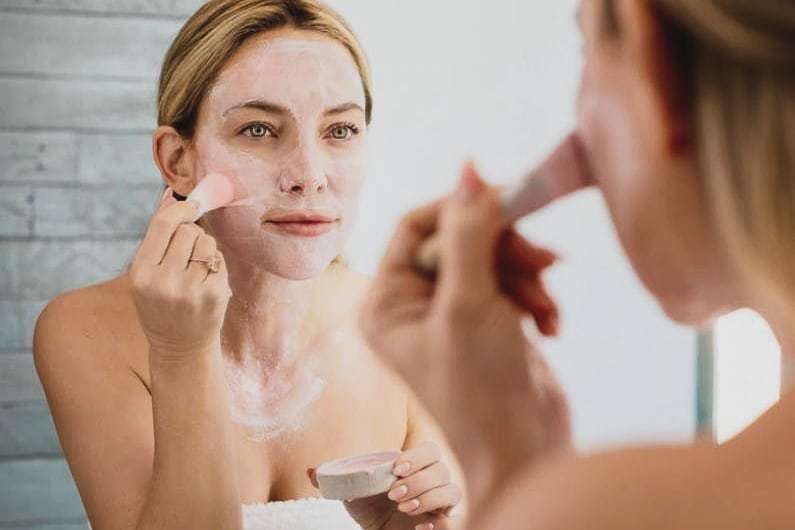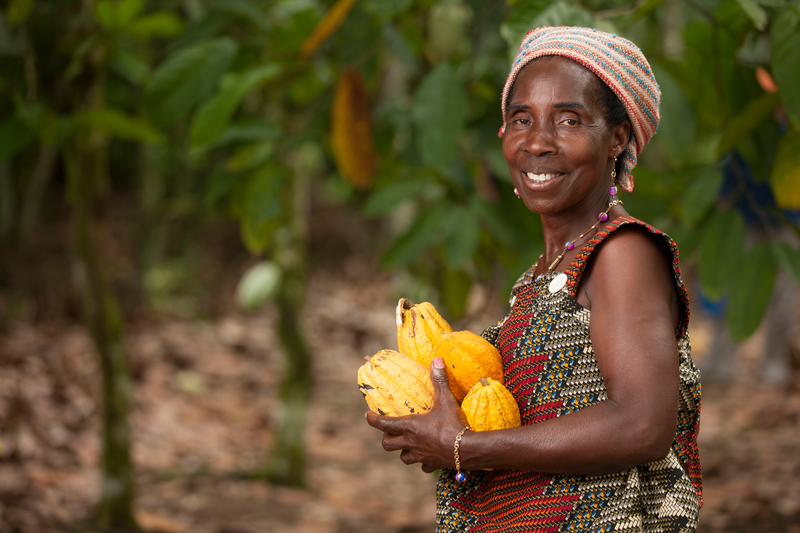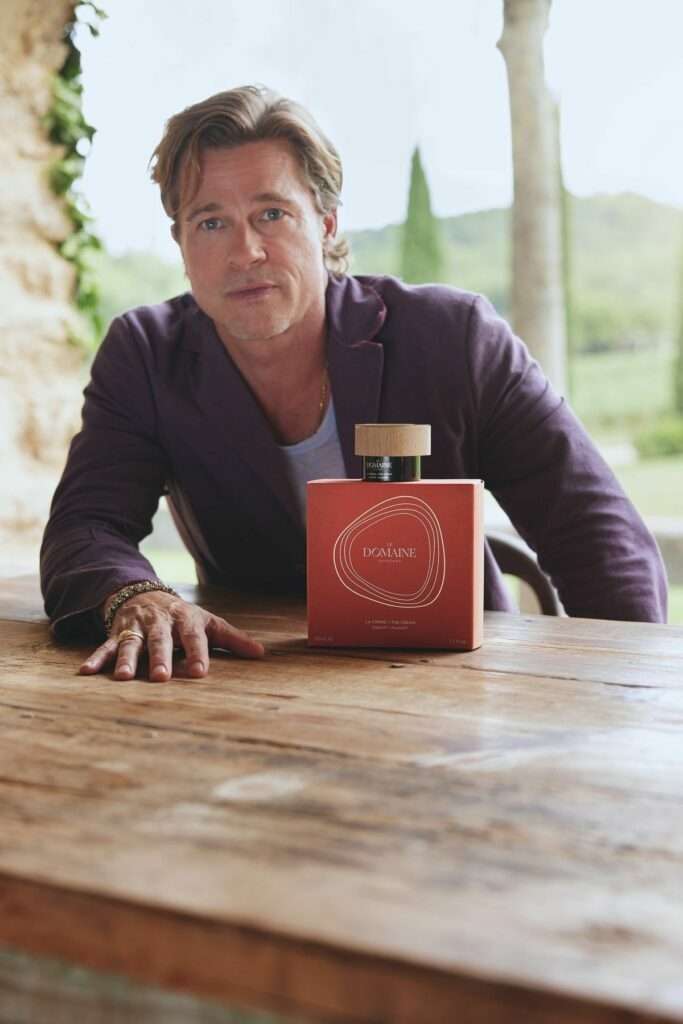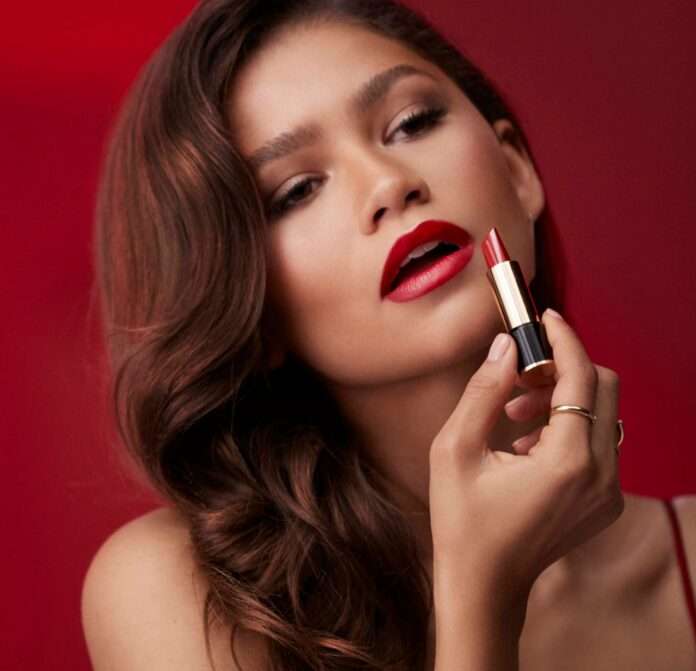When shopping for the best beauty products, is natural a shoo-in? The answer might surprise you.
In the beauty world, a handful of buzzwords reign supreme. “Clean,” “green,” and “natural” are just a few of the terms that skincare, makeup, and fragrance brands regularly use to capture the attention of the conscious consumer. (An audience that is growing by the day — one 2021 poll found that nearly 60 percent of Americans would label themselves as such.)
But what does “natural” actually mean in the beauty space? And is it always the best, most sustainable option? And what about synthetic ingredients, are they the enemy? Here we take a closer look at the natural beauty industry and examine why sometimes, when it comes to cosmetics, looking to the lab might be the truly “green” solution.
The problem with natural beauty
When you hear the phrase “natural ingredients” used by a beauty brand, it’s easy to assume that this is an inherently good thing. The word “natural,” makes you think of the earth, nature, trees, and flowers. It brings up an idyllic image. But the truth is “natural” typically just means “not synthetic.” It can be anything. And anything isn’t without its consequences.

For example, aloe vera is natural. The plant is often added to skin care products, hailed for its soothing, moisturizing properties. But collagen is also natural. And when you really think about it, this ingredient — which comes from boiling the connective tissue of animals — brings up an image that is a little less picturesque, and a little more problematic. Not only do animals have to die to produce it, but it’s also a byproduct of the factory farming industry, which is known for being heavily resource-intensive and environmentally pollutive.
But the line between “good” natural and potentially “bad” natural isn’t always clear cut. It doesn’t simply run between the plant world and the animal kingdom. Coconut oil, for example, is plant-based. It’s one of the most popular natural ingredients in the beauty world, and you can find it in moisturizers, lip balms, hair conditioners, and cosmetics. In fact, the industry as a whole is valued at more than $5.3 billion.

But in 2020, research from the International Union for the Conservation of Nature suggested that its production, centered on biodiversity-rich, tropical islands, threatens more than 20.2 species per million metric tons. In comparison, the same amount of palm oil — another natural ingredient used in beauty, which has been rightly vilified for its environmental impact — threatens 3.8 species.
There’s also cocoa butter, which is revered for its moisturizing, nourishing effect on the skin. But in truth, the cocoa industry has been linked with ongoing human rights abuse and deforestation for decades. In Ivory Coast and Ghana, around a third of forest loss can be attributed to cocoa production, according to the National Wildlife Federation.
‘Synthetic’ is not the enemy of sustainable, effective beauty
Taking all of the above into consideration, it’s easy to assume that we all need to start boycotting “natural” skincare and beauty. But again, it’s important to remember that the boundaries in this sector are blurry. And, when respected, nature can give us nourishing ingredients in a sustainable way.
Take Brad Pitt’s recently launched skincare line Le Domaine, for example, which sources much of its key ingredient, grape-based antioxidants, from the actor’s own certified organic vineyard in southern France. And Lancôme, which is committed to growing and sourcing many of its own raw materials. To cultivate its signature rose scent, for example, it recently acquired Le Domaine la Rose, an estate in Grasse on the French Riviera, where it employs regenerative agricultural practices.

But luxury, French-grown ingredients aren’t the only way to ensure sustainable beauty. Many cosmetic scientists believe that the laboratory can, and should, play a role in the future of the market. After all, we already make several synthetic alternatives to traditionally natural ingredients.
Musk, for example, used to be painfully and brutally obtained from animals. “Wild cats can be kept in cages, typically in horrible conditions, and whipped around the genitals so the glands produce the scent. They’re not killed, but they’re tortured for their entire lives,” Camille Labchuk of Animal Justice told Yahoo!.
But now synthetic musk is widely used across beauty. (While some versions have been criticized for their potentially toxic impact on the environment and health, macrocyclic lactone varieties are widely considered safe.) And it isn’t alone. Amyris, a biotechnology firm, makes high-quality, synthetic versions of squalene, a lipid that used to be commonly sourced from shark livers.

So synthetic ingredients could, in part, be the key to sustainable beauty’s future. In the U.S., for example, startup California Cultured is developing lab-grown cocoa with cocoa cells. Its primary focus right now is chocolate, but who knows? One day, it could be expanded across all industries that use cocoa beans in their products.
Stephen Nilsen, Ph.D., a perfumer at Givaudan, believes that the beauty industry should be more accepting of synthetic ingredients and their potential. “We are inspired by nature — nature is beautiful and creates so many diverse things—and that guides science and it guides the scientific method,” he told Bustle.
“We look at things that are beautiful and say ‘why is that happening?’ It also allows us to say ‘how can we do that better?’ Then, a scientist can use the scientific method to create something better.”
Related on Ethos:


